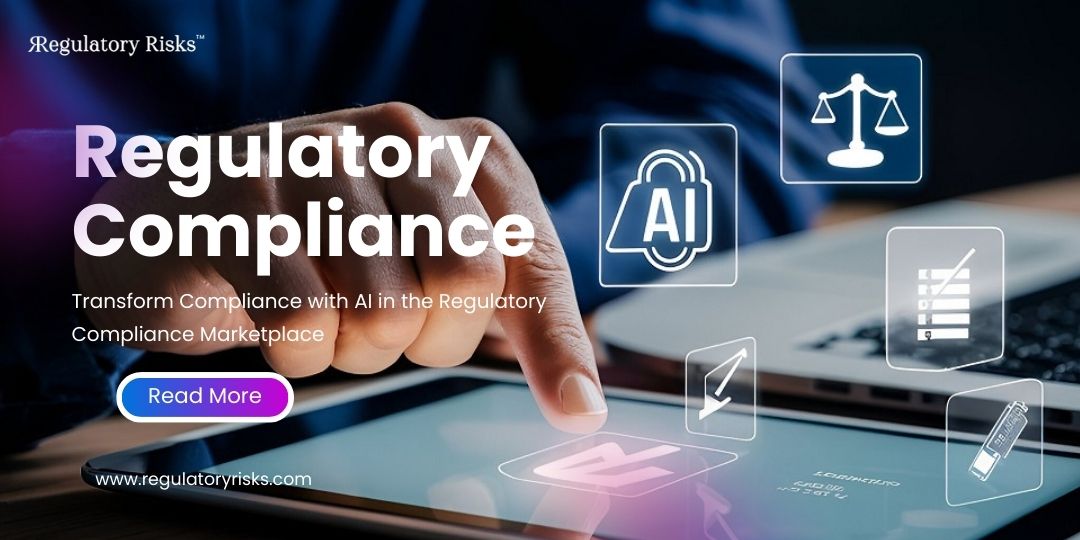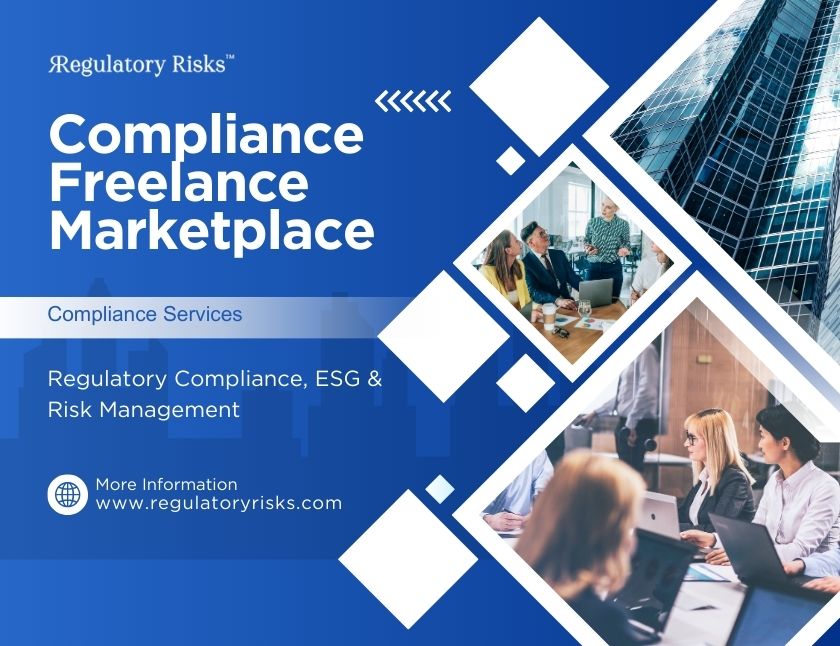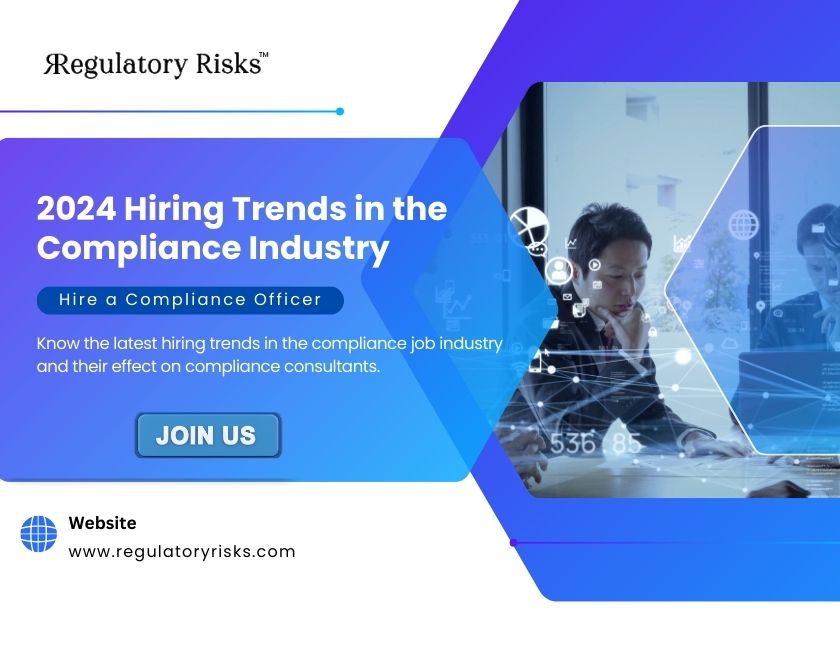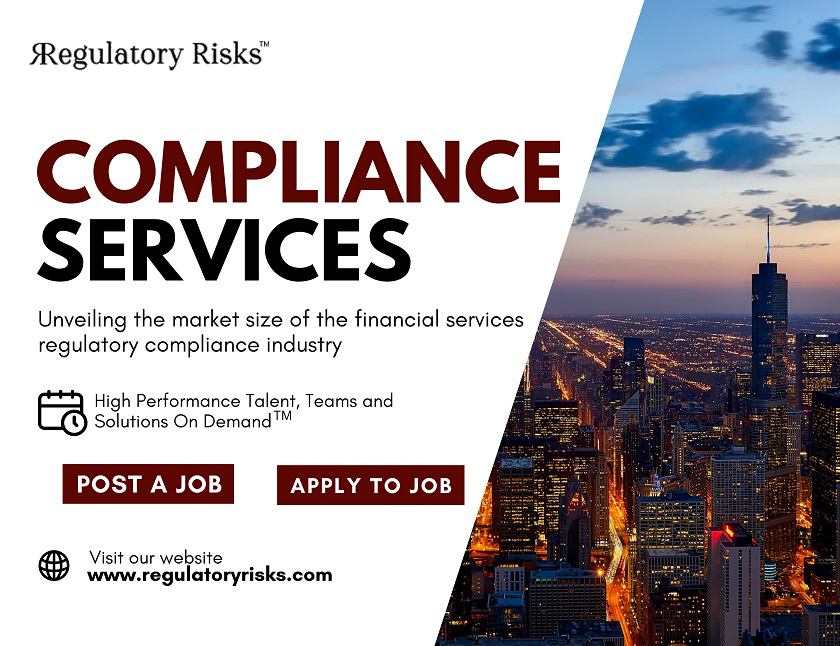In a time of heightened regulatory scrutiny, businesses across industries—especially in financial services, crypto, gaming, and technology—are seeking innovative solutions to navigate increasingly complex compliance demands. The Regulatory Compliance Marketplace is being transformed by Artificial Intelligence (AI), which offers new ways for companies to manage risk, achieve compliance, and navigate regulatory frameworks more efficiently. For businesses embracing these solutions, AI-driven regulatory compliance is not just a trend but a means to create revenue opportunities. Here’s an in-depth look at how AI is reshaping the Regulatory Compliance Marketplace, including current applications, challenges, and its promising future.
The AI Revolution in the Regulatory Compliance Marketplace
AI’s integration into regulatory compliance is evolving beyond mere automation to offer intelligent, self-adaptive systems. Here are some key areas where AI is significantly impacting the Regulatory Compliance Marketplace:
1. Automation of Compliance Tasks
By automating repetitive tasks like data entry, transaction monitoring, and report generation, AI tools are transforming how businesses operate in the Regulatory Compliance Marketplace. For example, AI-driven compliance tools can monitor millions of transactions in real-time, identifying patterns that might indicate money laundering or fraud—processes that would be labor-intensive if done manually.
2. Enhanced Risk Management
With machine learning, AI can analyze historical data to predict compliance risks, offering a proactive approach rather than a reactive one. This predictive capability is especially valuable in industries like crypto and financial services, where risks evolve quickly. This transformation is crucial for companies within the Regulatory Compliance Marketplace aiming to stay ahead of risks and potential threats.
3. Real-Time Compliance Monitoring
AI enables real-time monitoring that allows businesses to maintain continuous compliance without the need for quarterly or annual checks. For companies in tech and gaming, this real-time monitoring means detecting breaches immediately, aligning seamlessly with stringent data privacy laws like GDPR. This enhanced monitoring is becoming a standard in the Regulatory Compliance Marketplace as businesses strive for both security and compliance.
4. Case Study: AI in Financial Services Compliance
Consider how AI transformed compliance for AssetBank, a mid-sized asset management firm struggling to keep up with rising regulatory demands. The firm turned to an AI-powered compliance platform to handle tasks that would otherwise require a larger compliance team:
Problem: AssetBank was overwhelmed by manual compliance tasks amid rising regulatory demands.
Solution: The AI platform, equipped with natural language processing (NLP) and machine learning, could interpret complex regulatory texts and monitor transactions for unusual patterns.
Results:
Reduced False Positives by 60%, easing the compliance team’s workload.
Increased Detection Rates of suspicious activities by 45%, strengthening the company’s anti-money laundering (AML) efforts.
Cost Reduction: Compliance costs decreased, allowing AssetBank to allocate resources to other areas of growth.
This example shows how AI can transform compliance processes, enhance accuracy, and generate savings, underscoring AI’s role in the Regulatory Compliance Marketplace.
Challenges of Integrating AI in the Regulatory Compliance Marketplace
While the benefits of AI are clear, integrating it into compliance frameworks poses unique challenges, particularly in the regulatory compliance marketplace.
1. Data Privacy Concerns
AI-driven compliance solutions depend on extensive data to function effectively. However, this can raise privacy concerns, particularly under laws like GDPR. Companies in the Regulatory Compliance Marketplace must ensure data handling aligns with privacy regulations, ensuring compliance while benefiting from AI-driven insights.
2. Bias and Fairness
AI models can inadvertently reinforce existing biases, potentially leading to unfair or discriminatory outcomes. As a result, it’s critical to integrate bias prevention measures into AI-driven compliance solutions, particularly for those in high-stakes sectors like finance and gaming.
3. Regulatory Uncertainty
AI evolves at a rapid pace, often faster than regulatory bodies can update guidelines. This disparity can create uncertainty around AI applications in compliance. Staying informed about regulatory changes is essential for businesses and Regulatory Compliance Experts navigating the Regulatory Compliance Marketplace.
The Future of AI in Regulatory Compliance
Looking ahead, AI’s influence within the Regulatory Compliance Marketplace is only expected to grow. Here’s what businesses can anticipate:
1. Predictive Compliance
AI may soon allow companies to predict changes in compliance requirements based on global economic, political, and technological shifts. For those in the Regulatory Compliance Marketplace, predictive compliance would enable better preparation for regulatory changes.
2. Dynamic Policy Adaptation
With dynamic policy adaptation, AI-driven systems will adapt compliance policies automatically to align with the latest regulations. This capability will streamline compliance for businesses in the Regulatory Compliance Marketplace.
3. Enhanced Cybersecurity
With cybersecurity risks on the rise, AI can be instrumental in preempting security breaches. By preventing unauthorized data access and other compliance risks, AI serves as a powerful tool for maintaining security standards within the Regulatory Compliance Marketplace.
Key AI Tools in the Regulatory Compliance Marketplace
AI-driven tools and platforms play a vital role in regulatory compliance, offering innovative solutions for various industries. Here are some notable examples:
1. Compliance.ai
Compliance.ai allows businesses to monitor and interpret regulatory changes across jurisdictions, making it easier to navigate complex regulations. By offering insights into how regulatory updates affect operations, Compliance.ai supports companies in the Regulatory Compliance Marketplace.
2. Regula
Specializing in RegTech solutions for identity verification, Regula uses AI to verify users accurately, which is crucial in sectors like crypto and gaming. With real-time verification, companies can meet compliance standards and reduce fraud risks.
3. LogicGate
LogicGate’s AI-driven platform assists with risk assessment, providing real-time dashboards that visualize compliance health and potential risks. This tool is invaluable for Regulatory Compliance Experts as it allows continuous oversight and proactive risk management.
Embracing AI-Driven Compliance: A Must for SMBs and Executives
For small and medium-sized businesses (SMBs) and executives, adopting AI within compliance frameworks goes beyond regulatory requirements; it’s a strategic advantage. AI-driven compliance can streamline processes, reduce costs, and allow SMBs to focus on growth and innovation while staying compliant within the Regulatory Compliance Marketplace.
Key Advantages for SMBs:
Cost Savings: AI minimizes the need for large compliance teams, making compliance management affordable for SMBs.
Enhanced Accuracy: AI-driven systems reduce human error, providing greater accuracy in compliance efforts.
Scalability: As businesses grow, AI-based compliance solutions can adapt to increasing demands within the Regulatory Compliance Marketplace.
How to Successfully Integrate AI into Your Compliance Strategy
If you’re considering integrating AI into your compliance strategy, here are the steps to get started effectively:
Define Compliance Objectives: Clarify your compliance goals and identify areas where AI could add value.
Choose the Right AI Tools: Select tools that fit industry regulations and operational requirements.
Develop a Robust Data Infrastructure: Ensure data is structured to support AI models while adhering to privacy regulations.
Invest in Training: Equip compliance teams with the skills to interpret and leverage AI insights.
Ongoing Monitoring and Adjustments: AI-driven systems require regular updates to align with evolving regulations.
Conclusion
AI is driving transformation in the regulatory compliance marketplace, turning compliance from a burden into an opportunity for growth. For SMBs and executives across sectors like financial services, crypto, gaming, and tech, adopting regulatory compliance consulting services or hiring risk management freelancers who specialize in AI systems is essential. With the synergy of AI and human expertise, businesses can stay compliant, secure, and poised for success. By leveraging AI-driven tools and resources, companies can redefine compliance as a source of competitive advantage and ensure long-term success within the ever-evolving regulatory landscape.




